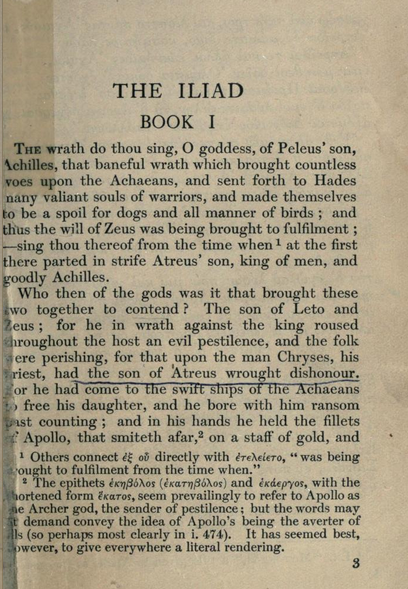

Hector then killed Patroclus by stabbing him in the stomach with a spear. 460 While fighting, Patroclus' wits were removed by Apollo, after which Patroclus was hit by the spear of Euphorbos. Patroclus killed many Trojans and Trojan allies, including a son of Zeus, Sarpedon. 64–87 Patroclus defied Achilles' order and pursued the Trojans back to the gates of Troy. Achilles then told Patroclus to return after beating the Trojans back from their ships. Achilles consented, giving Patroclus the armor Achilles had received from his father, in order for Patroclus to impersonate Achilles. Trojan War Īccording to the Iliad, when the tide of the Trojan War had turned against the Greeks and the Trojans were threatening their ships, Patroclus convinced Achilles to let him lead the Myrmidons into combat.

Īccording to Ptolemaeus Chennus, Patroclus also became the lover of the sea-god Poseidon, who taught him the art of riding horses. Patroclus acted as a male role model for Achilles, as he was both kinder than Achilles and wise regarding counsel. Menoetius gave Patroclus to Peleus, Achilles' father, who named Patroclus Achilles' "squire" as Patroclus and Achilles grew up together, and became close friends. Menoetius was the son of Actor, king of Opus in Locris by Aegina, daughter of Asopus.Ĭomparative table of Patroclus' family RelationĪ fresco in Pompeii depicting Achilles seated between Briseis and Patroclus in the marqueeĭuring his childhood, Patroclus had killed another child in anger over a game. Homer also references Menoetius as the individual who gave Patroclus to Peleus. His only sibling was Myrto, mother of Eucleia by Heracles. Patroclus was the son of Menoetius by either Philomela or Polymele, Sthenele, Periopis, or lastly Damocrateia. He was modest, dependable, wise, a man richly endowed." Family In the account of Dares the Phrygian, Patroclus was illustrated as ".handsome and powerfully built. Moreover, because in prose a penultimate Greco-Latin short o (omicron) would only be stressed in a closed syllable, the penult has sometimes been misanalysed as being closed (*pă.trŏc′.lŭs), which would change the English o to a short vowel: / p ə. However, this pronunciation is seldom encountered: for metrical convenience, Alexander Pope had made the 'o' long, and thus stressed, in his translation of Homer, following a convention of Greek and Latin verse, and that pronunciation – of Latin pa.trō′.clus – has stuck, for English / p ə. Because the penultimate syllable is light in Latin prose ( pă′.trŏ.clŭs), the antepenult was stressed in Latin and would normally be stressed in English as well, for / ˈ p æ. There are at least three pronunciations of the name 'Patroclus' in English. Patroclus by Jacques-Louis David (1780) Pronunciation of name


 0 kommentar(er)
0 kommentar(er)
